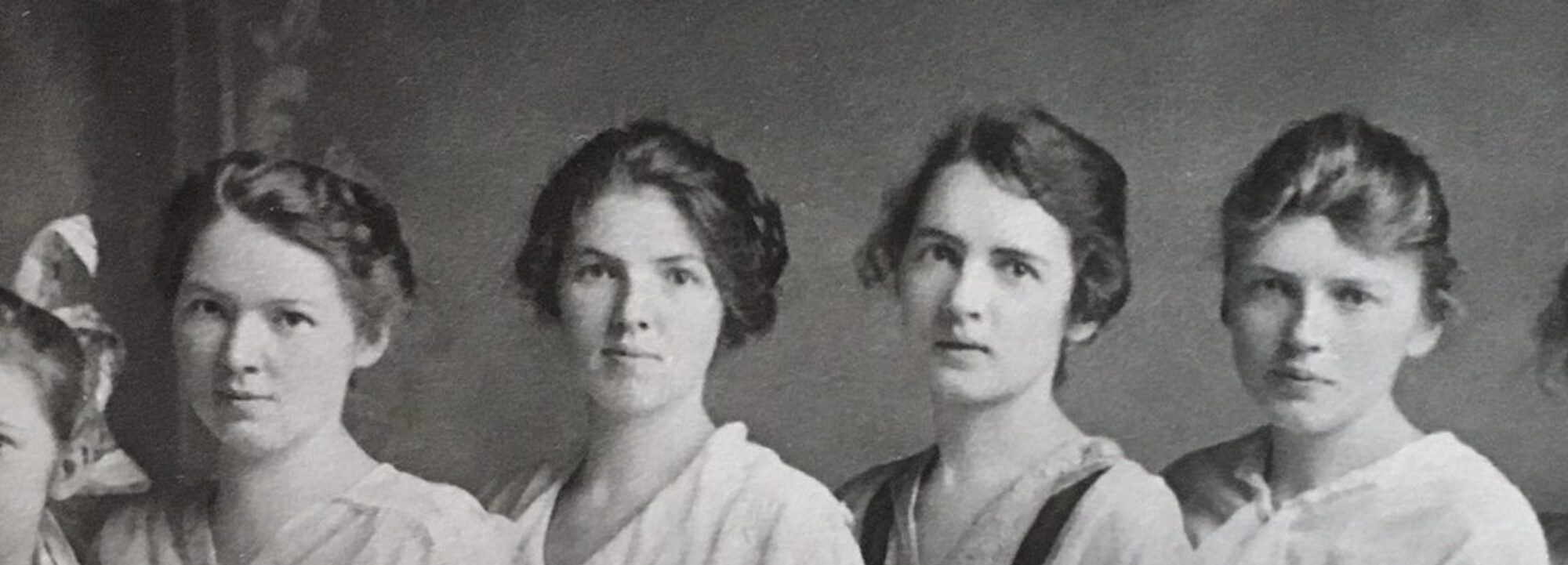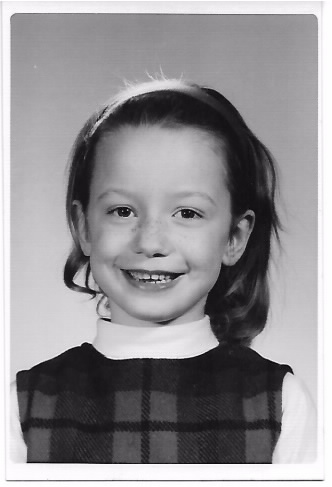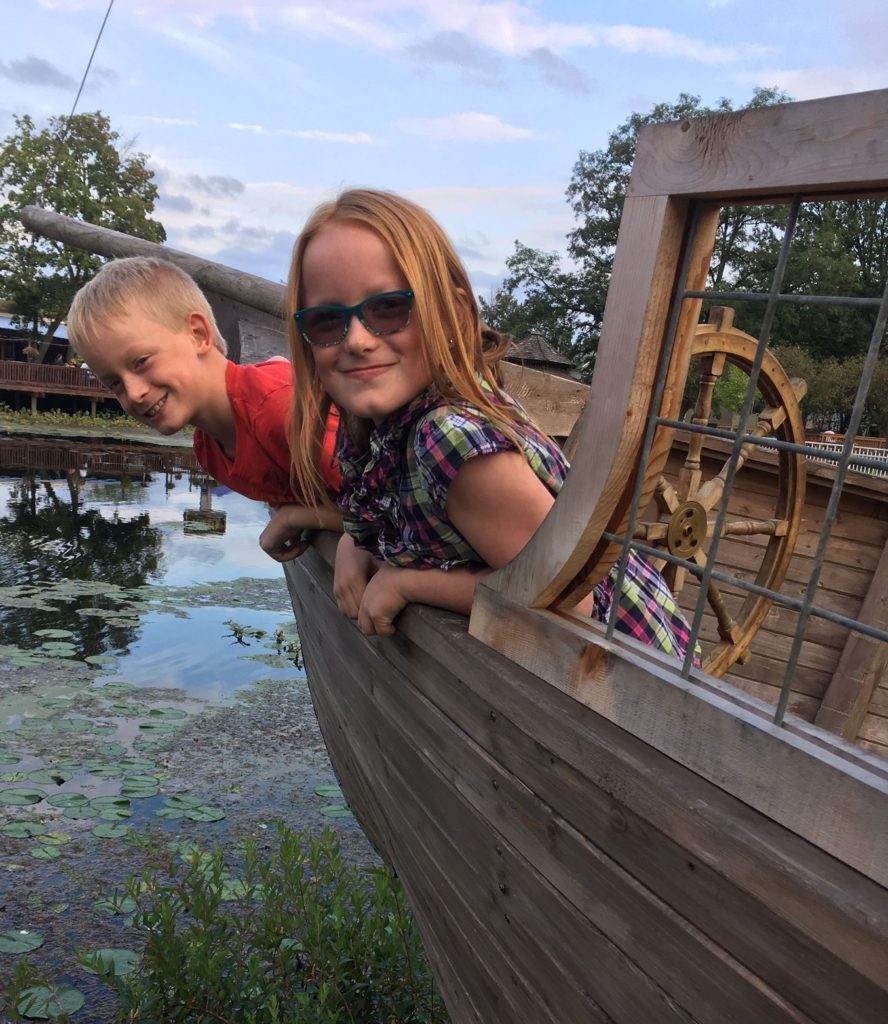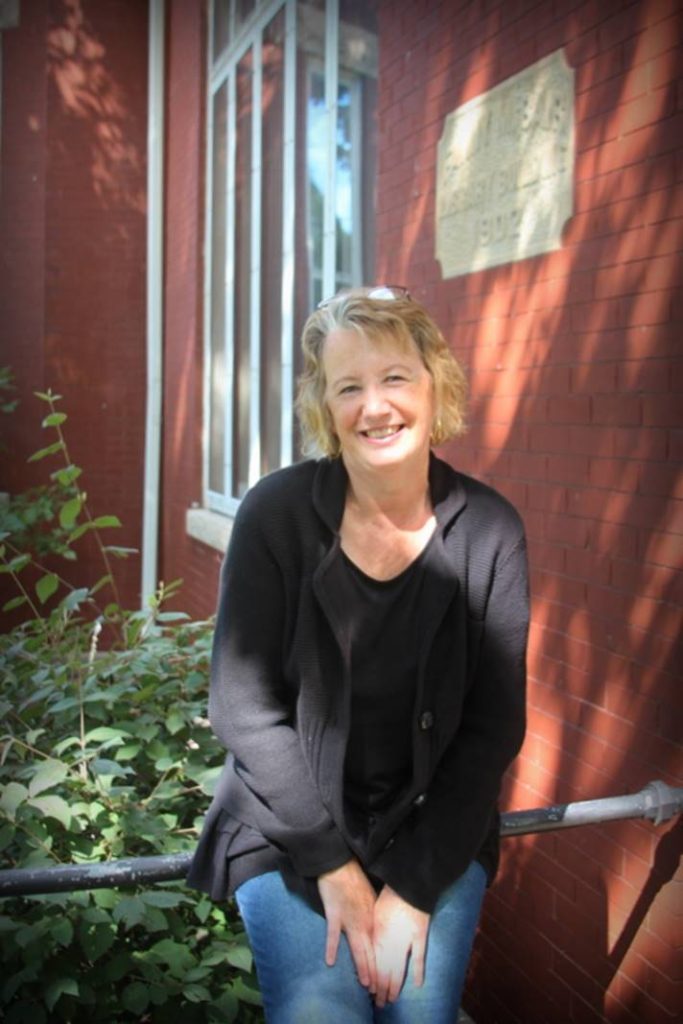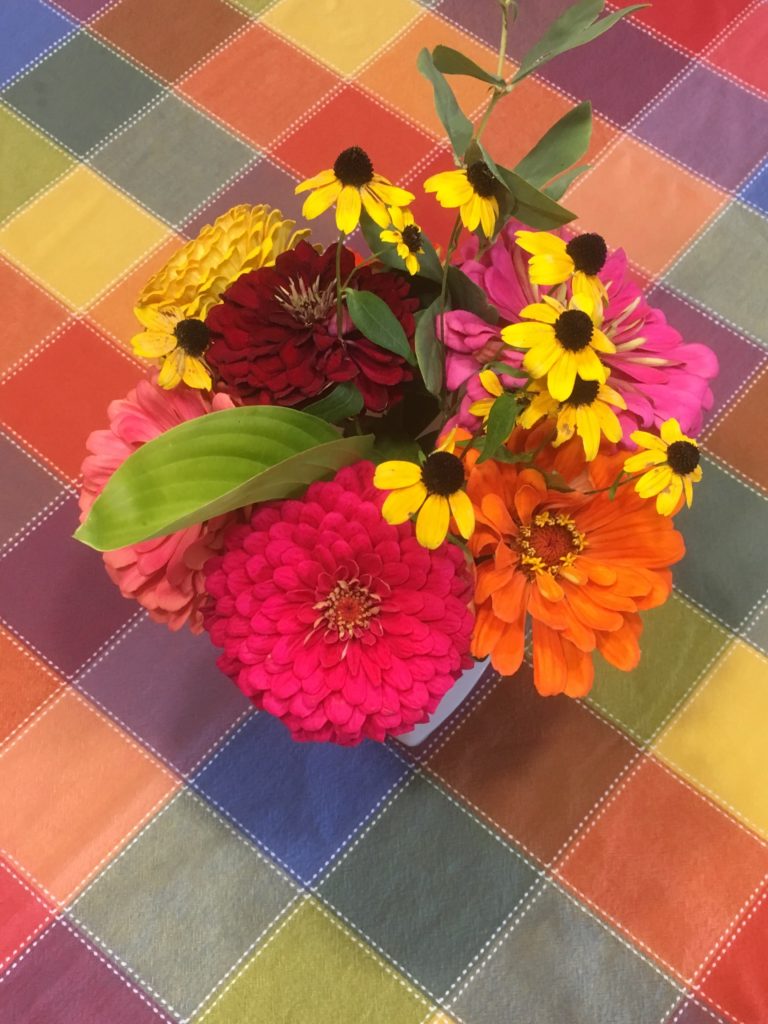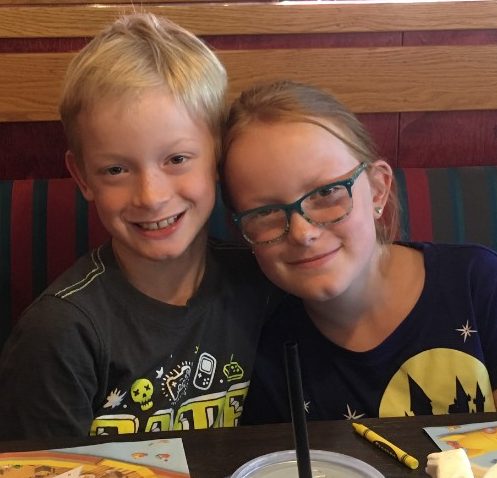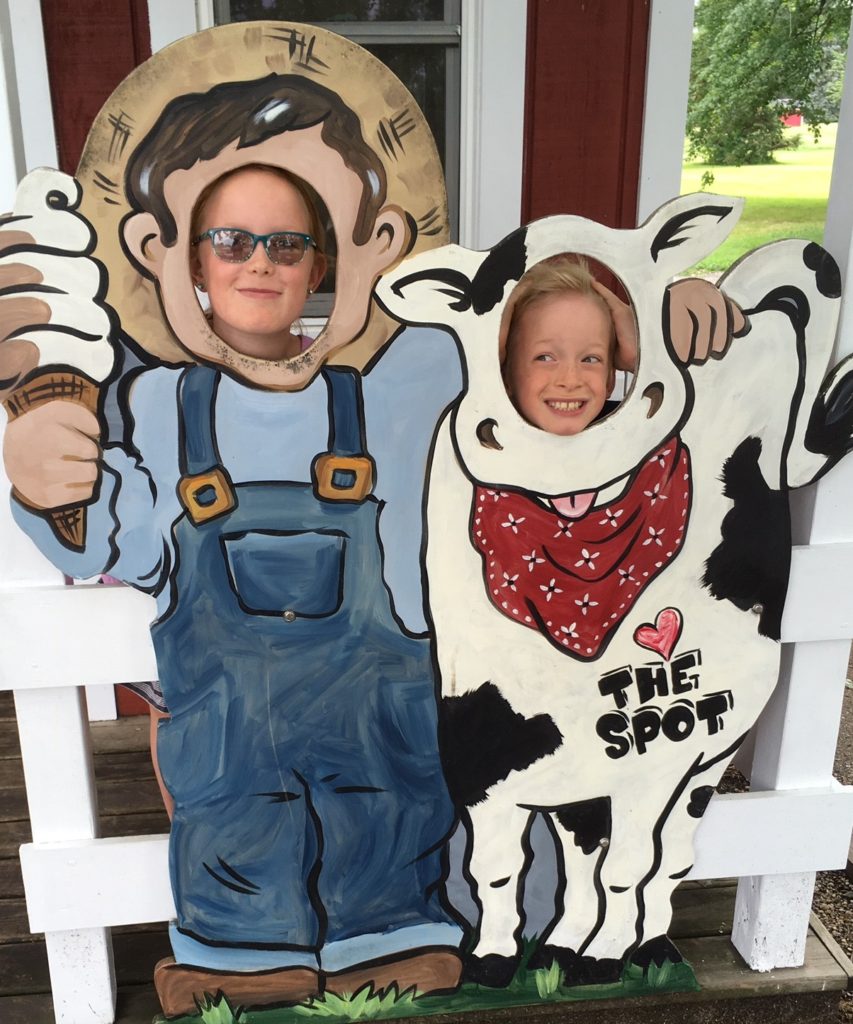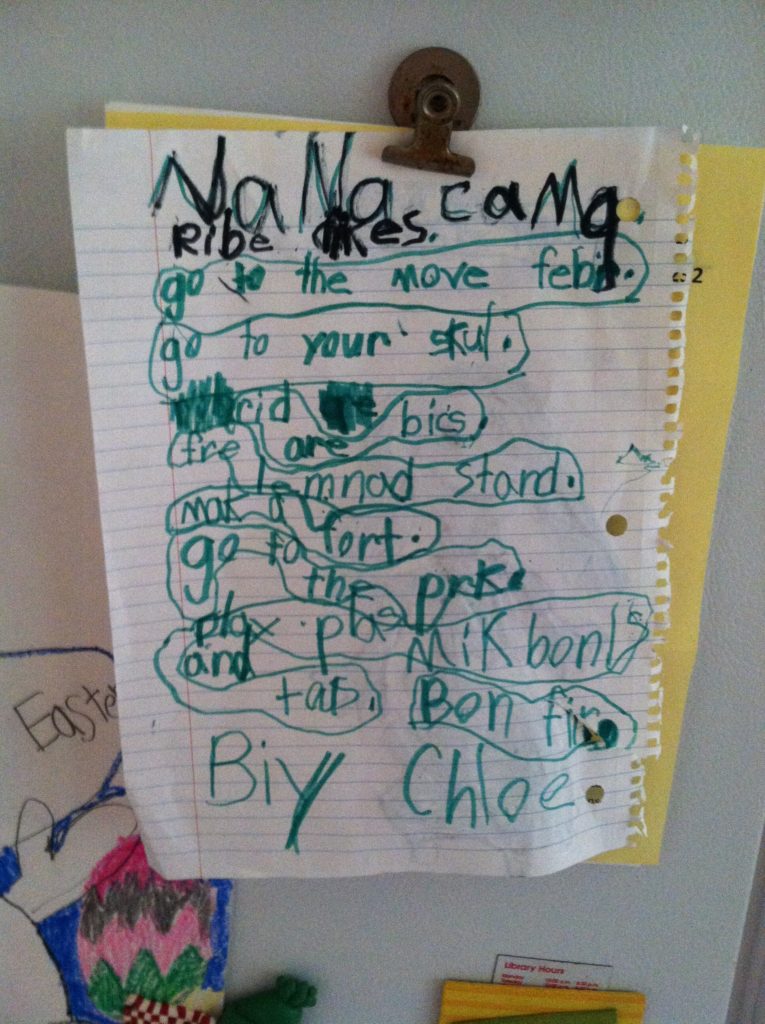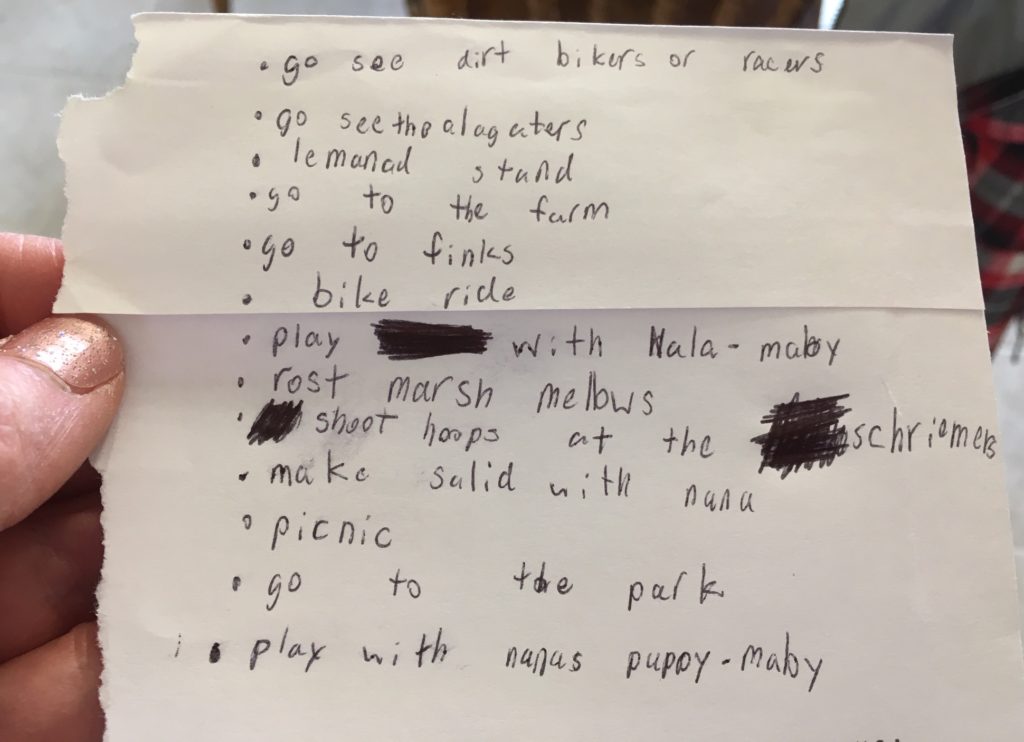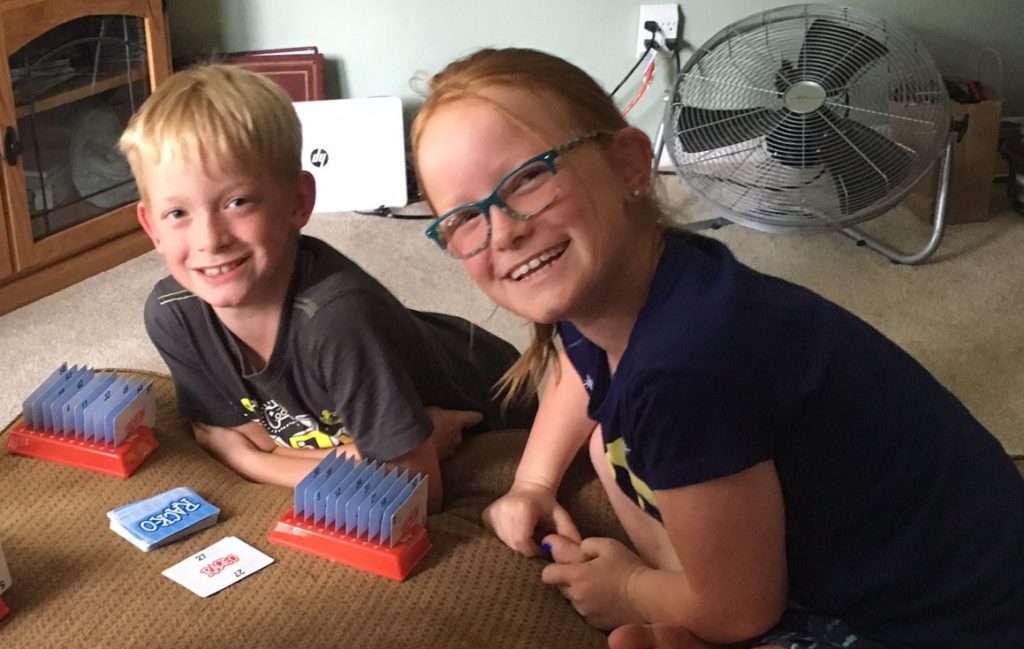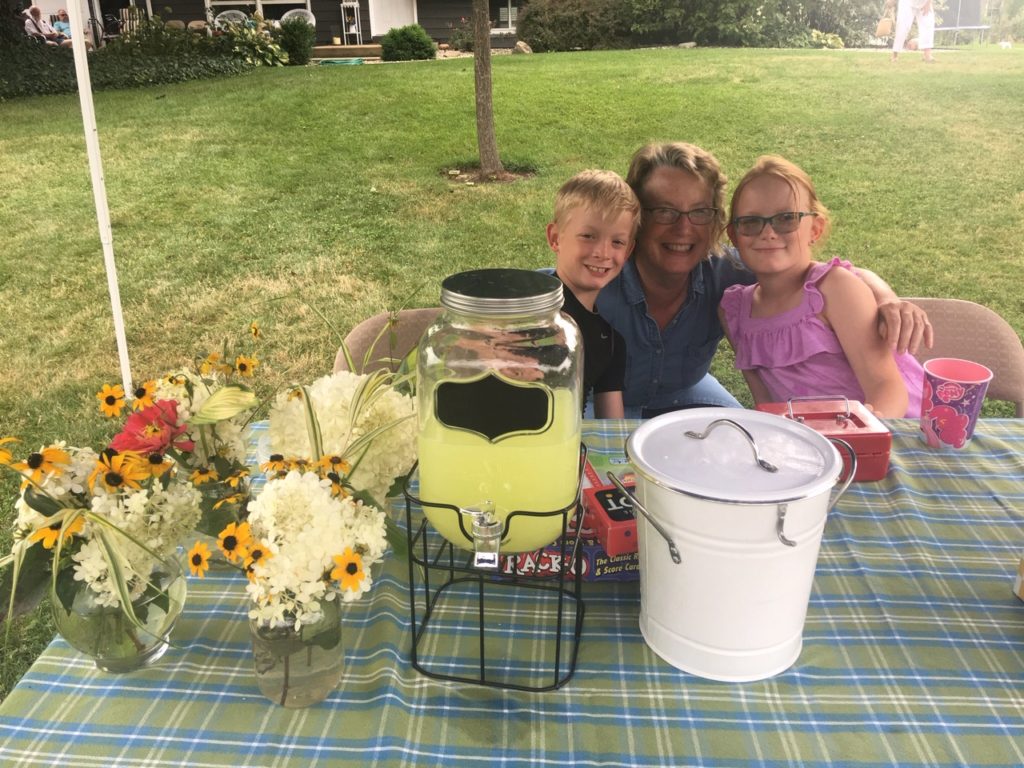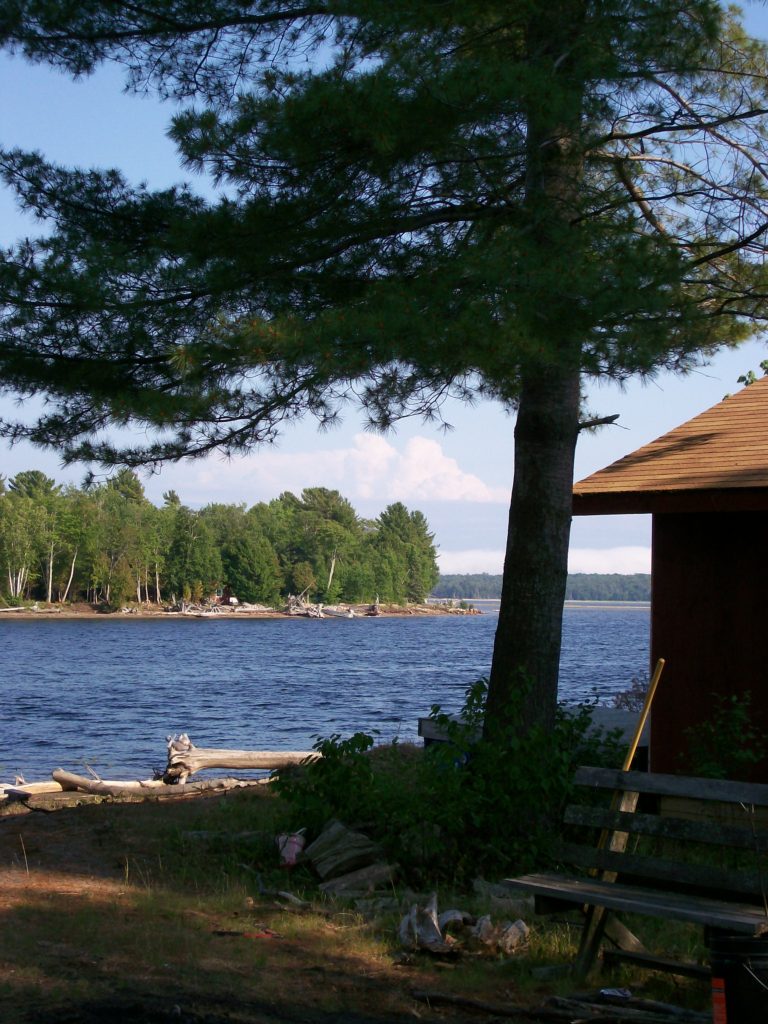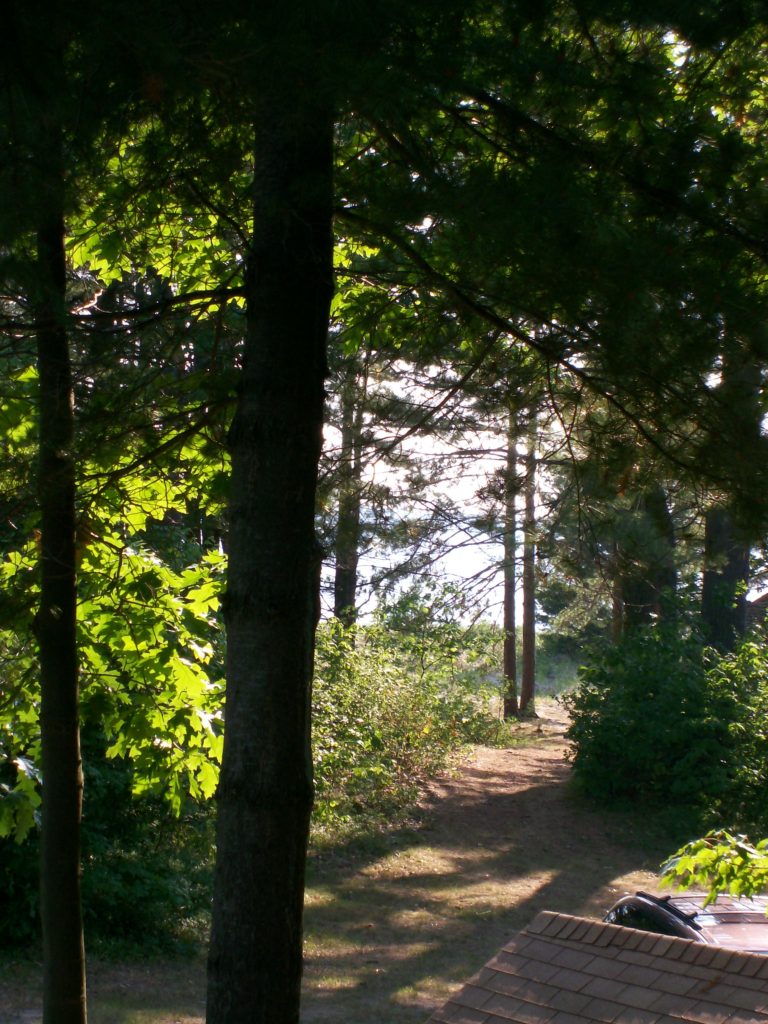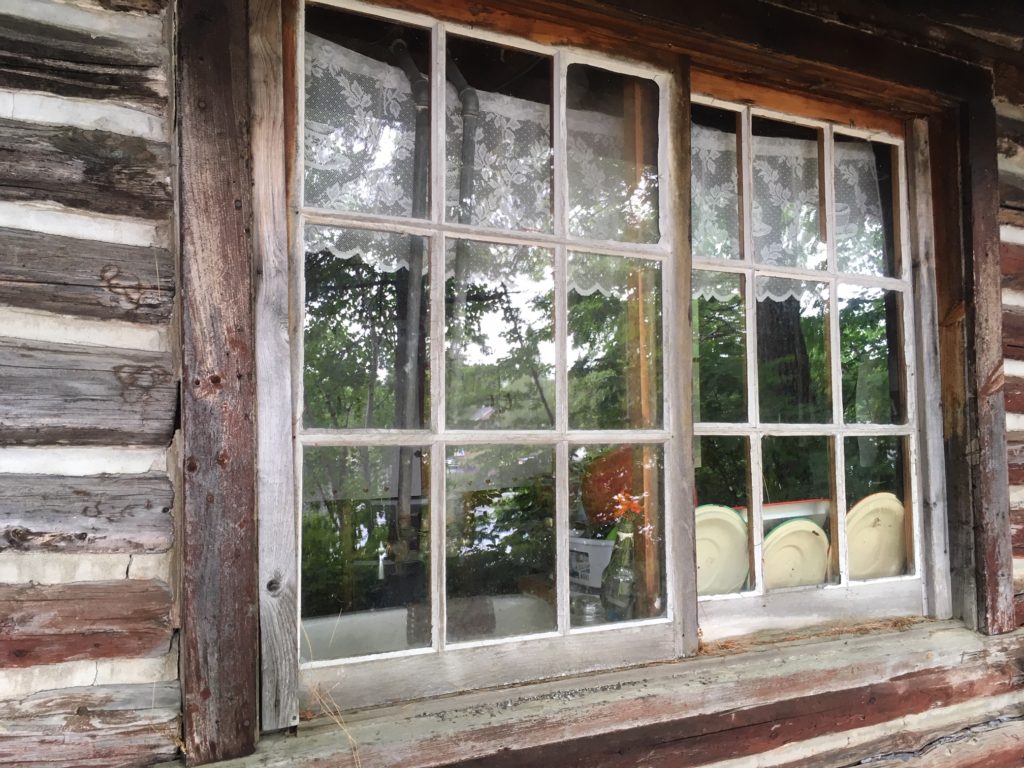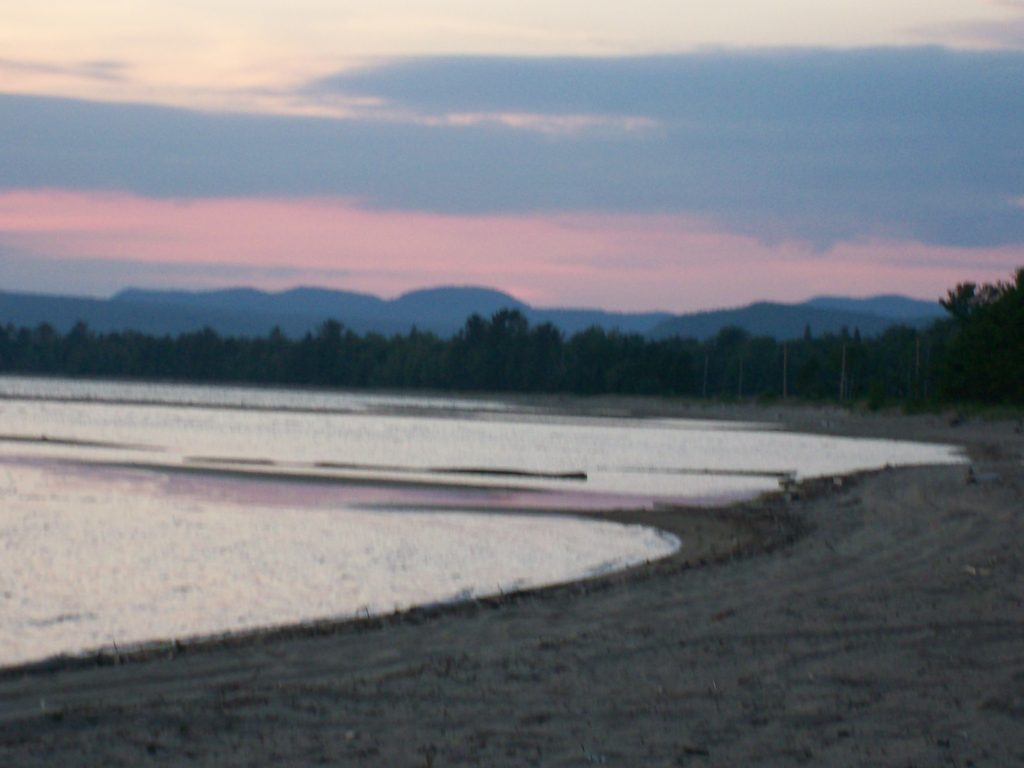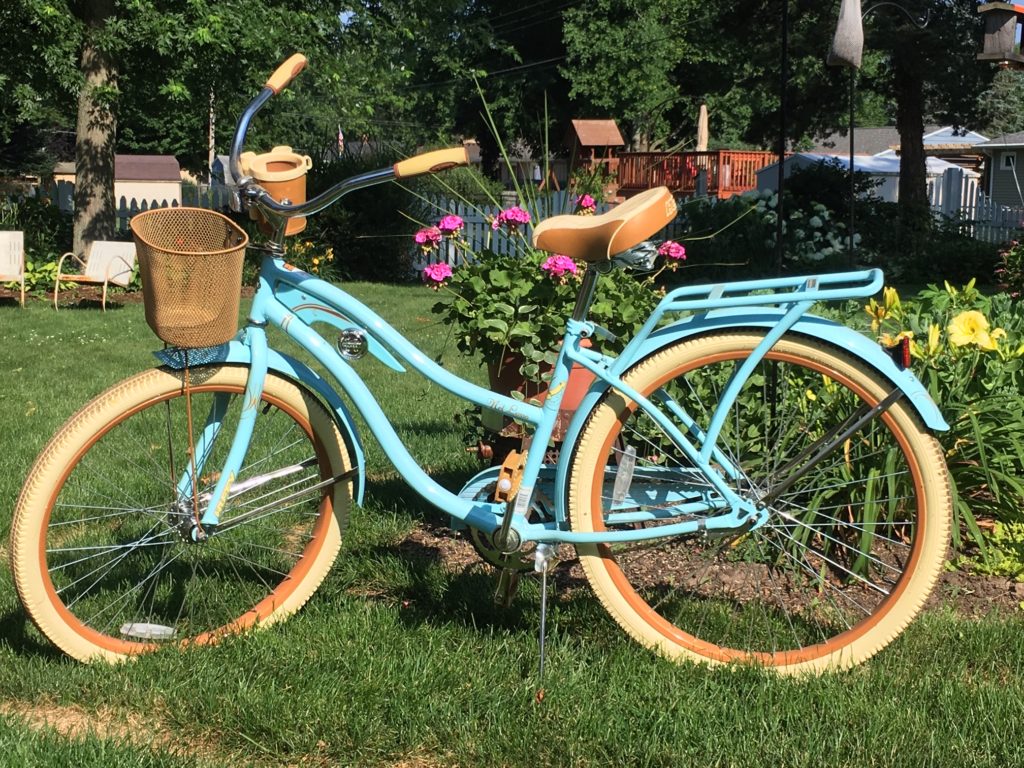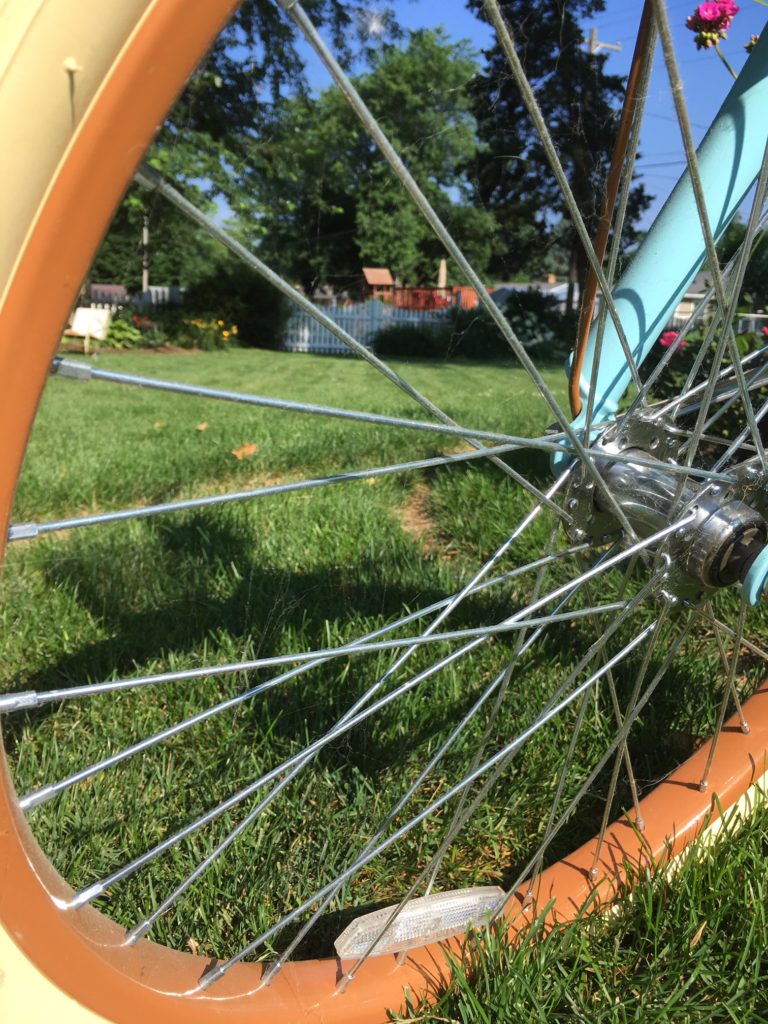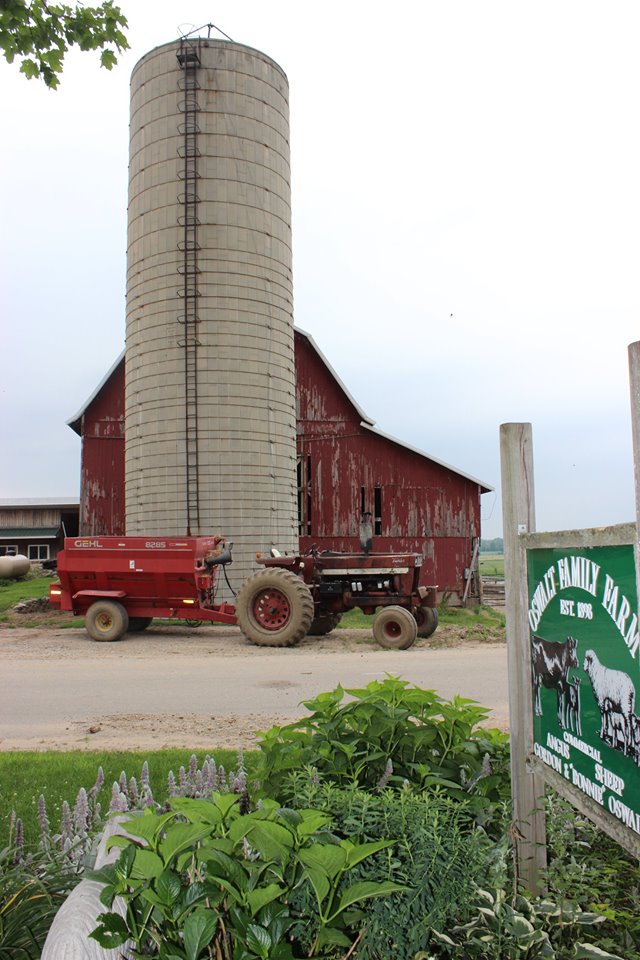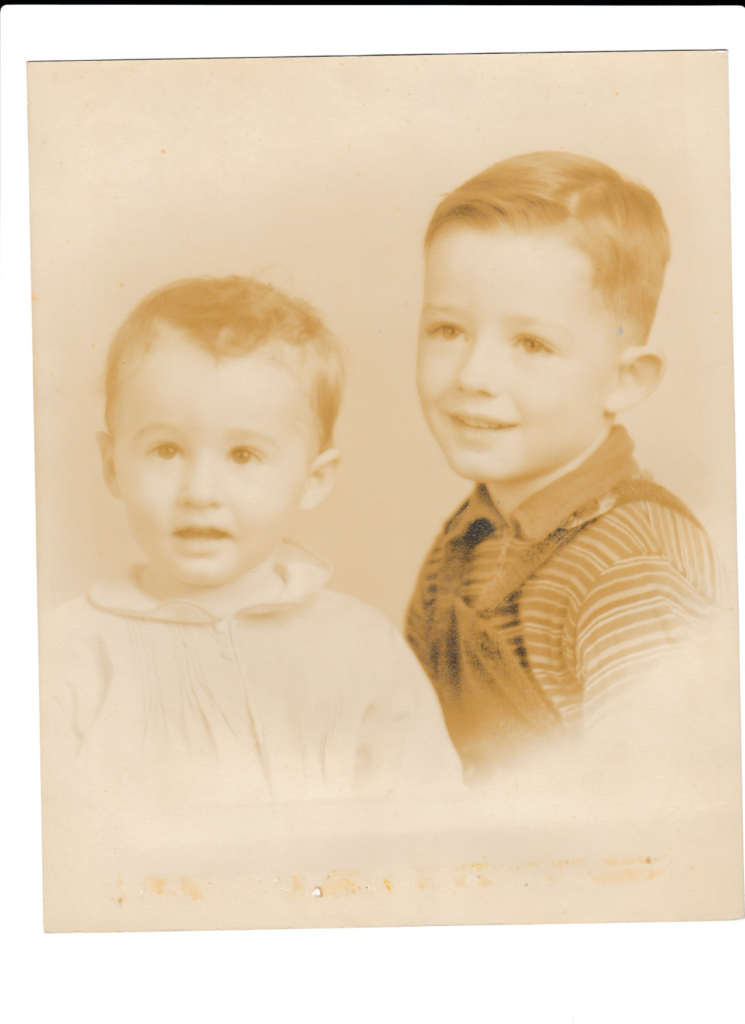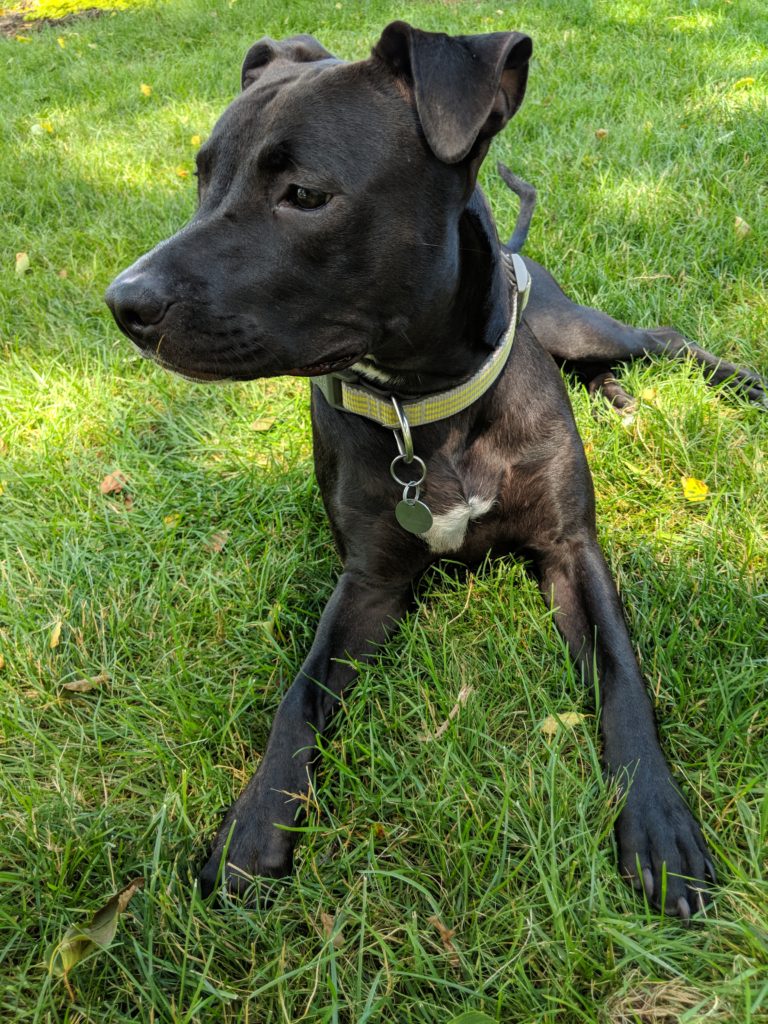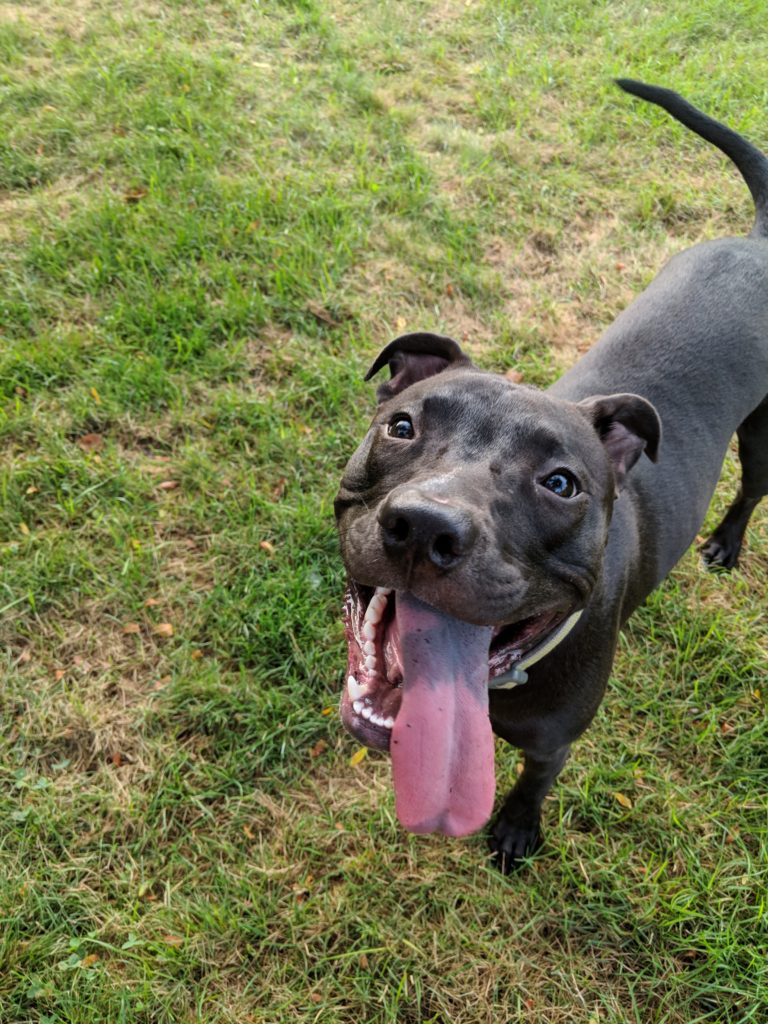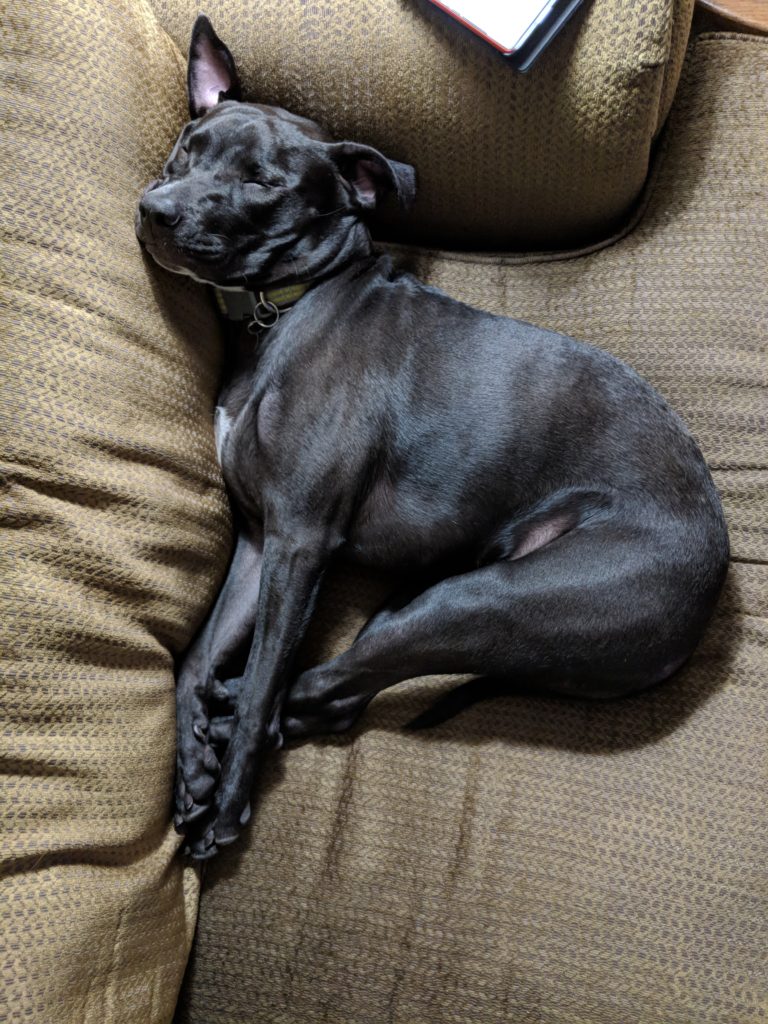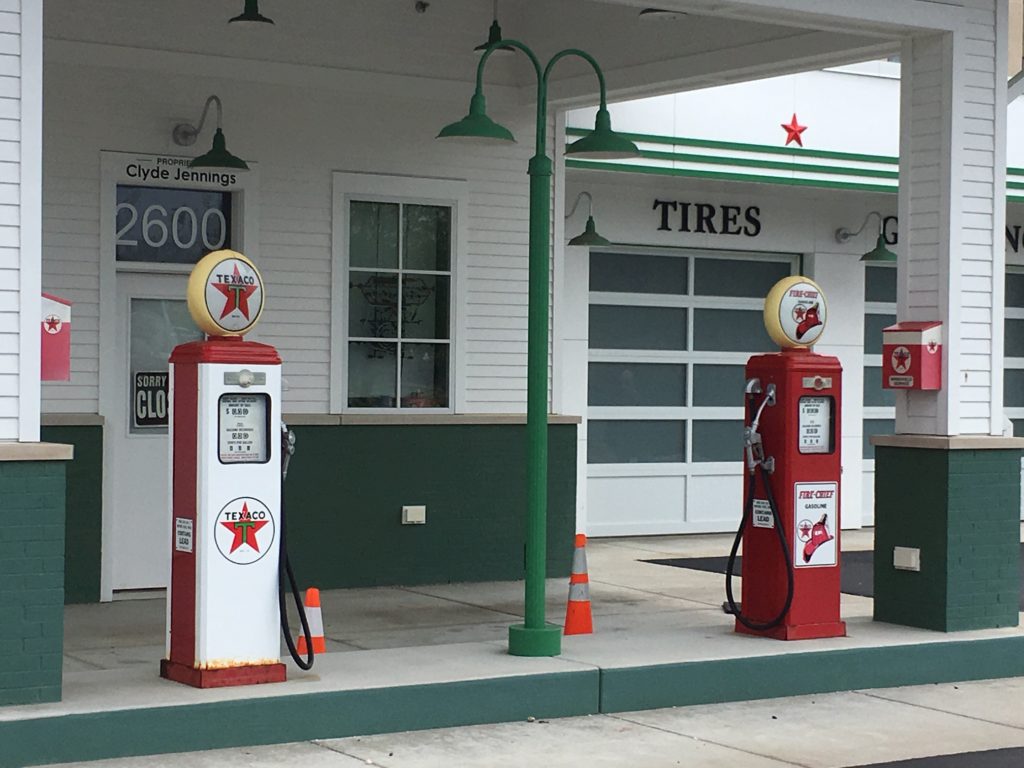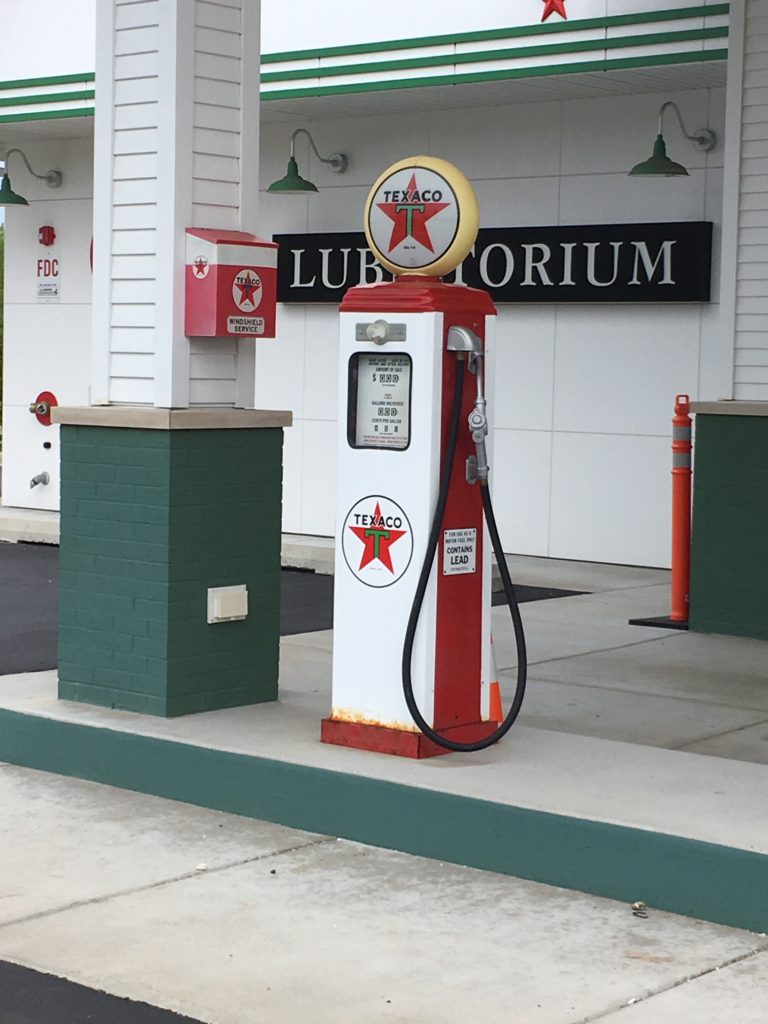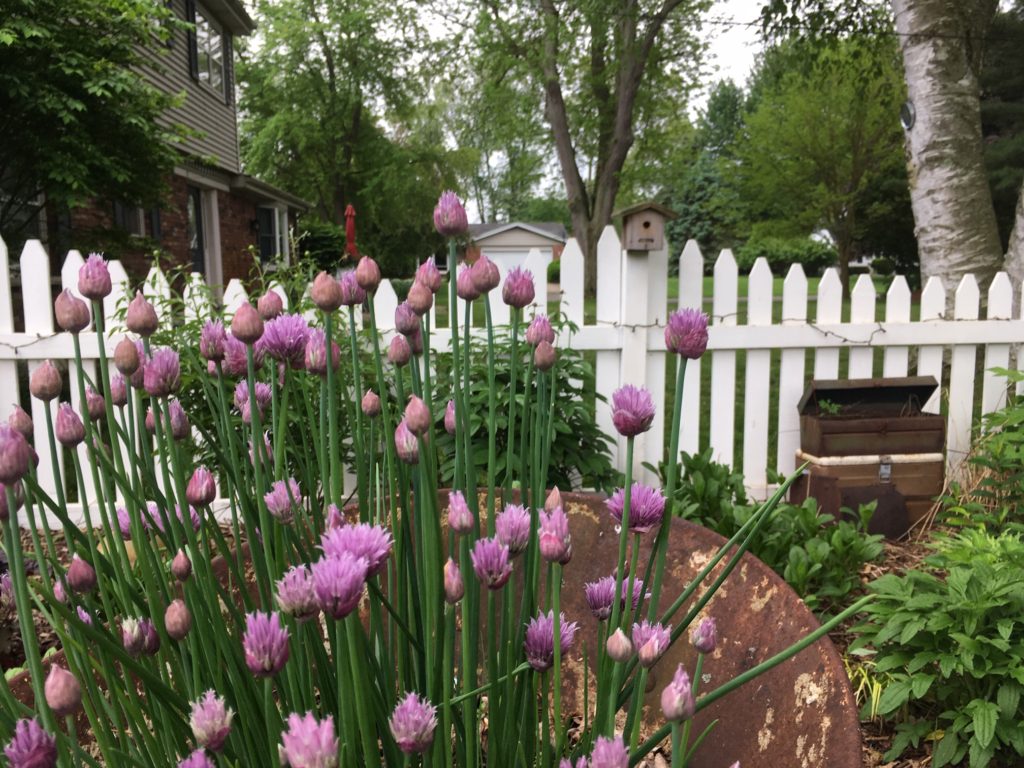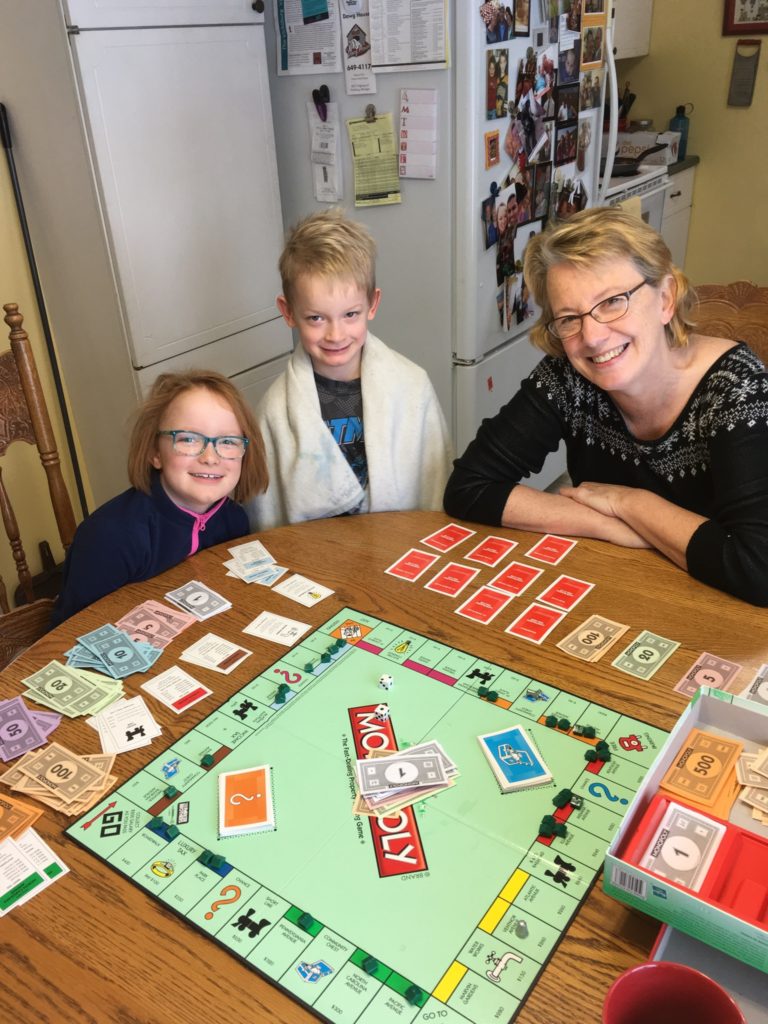If you have ever spent much time in Vicksburg, Michigan, you know how frequently trains bisect our little hometown. Going in or out of the village, residents must regularly wait at a crossing. You can count on it. We have learned to accept this as it does us no good to complain.
Sometimes the trains gradually slow in the intersections; the boxcars and tankers inch forward a few feet, shift backwards a couple yards, then sigh and settle, blocking all traffic through town. Then everything must stop: buses filled with our school children, residents traveling to work or appointments, even emergency vehicles responding to a call. This type of waiting is both bothersome and stressful.
And during this last month, much-needed repairs have begun on several railroad crossings in and around the village, further complicating our travel. But despite the continued detours, delays, and inconveniences, I remain incredibly fond of trains.
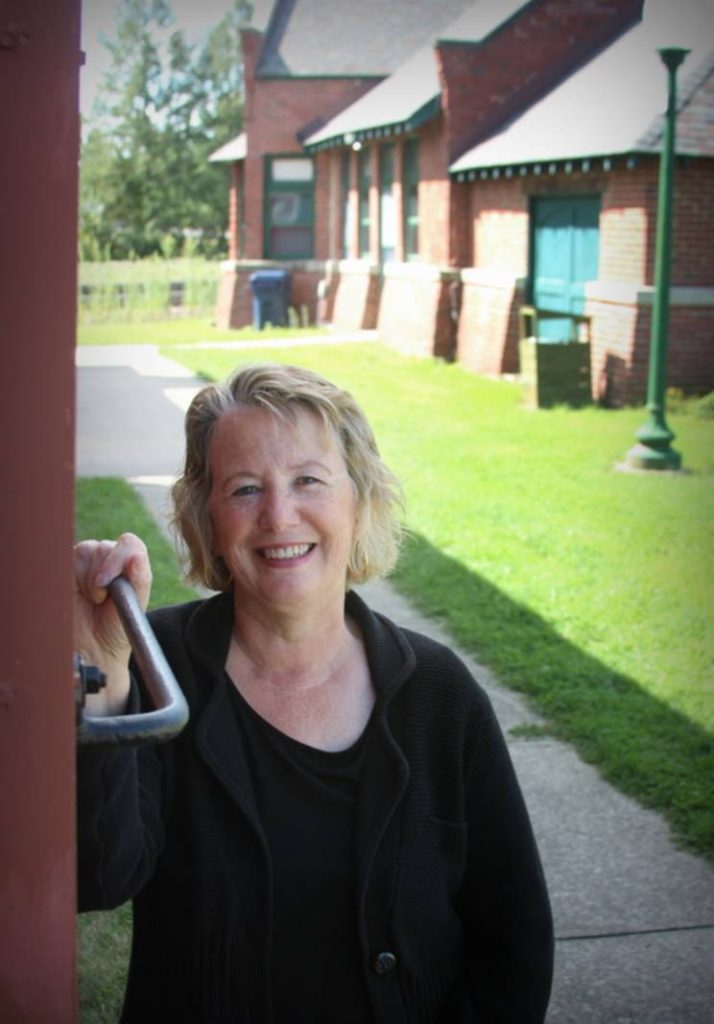
When we waited as children, we loved counting cars and watching for the caboose which occupied the end of many trains. My mom would beep her horn as it passed, and my brothers and I would wave at a conductor, often standing and smoking at the back of the caboose. To me, that seemed a fantastic life: traveling cross country with a cheery, red car to sleep in. I imagined the engineers warming themselves around a cozy coal stove, a pot of chili simmering securely on top. When time permitted, the happy conductors could play Gin-Rummy, laughing happily together, puffing their fragrant pipes. At day’s end, they would crawl into tightly made bunks and be rocked to sleep by the gentle swaying of the rail cars.
When we were in elementary school, we occasionally traveled by train to our grandparents’ home on the eastern side of the state. My dad took us to the little station in Vicksburg, lugged our suitcases in, then helped the attendant check and stack them on the wooden cart. My mother would buy our tickets from behind the glass window, and then we sat as patiently as we could on the wooden benches, our little legs swaying and swinging. Once safely aboard and tucked in our seats, we watched the Michigan countryside from the wide windows and ate endless snacks which magically appeared from my mother’s bottomless tote bag. My amazing mother–our personal Mary Poppins–kept the five of us happily occupied and seated.
Of course, times have changed, and while many goods are still shipped by rail, the passenger trains of my youth have long ago been salvaged or sit, quiet and empty, in the back of a city train yard. Our little brick station now happily houses a charming museum.
On these quiet autumn nights, the warning whistles of the late-night trains travel across Sunset Lake, always reminding me of the passage of time. I am thankful I am safe in my warm bed as those engineers and conductors ride and rumble towards home.
My heart is full.
It’s a Fine Life
By Kathleen Oswalt-Forsythe © October 2, 2019
